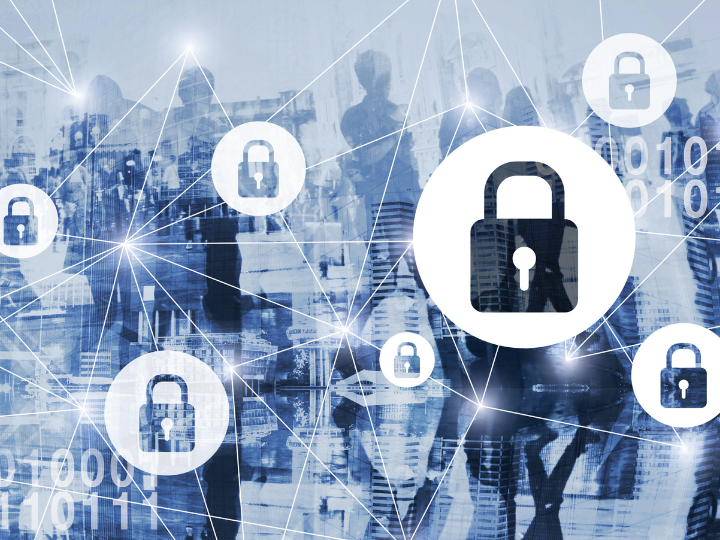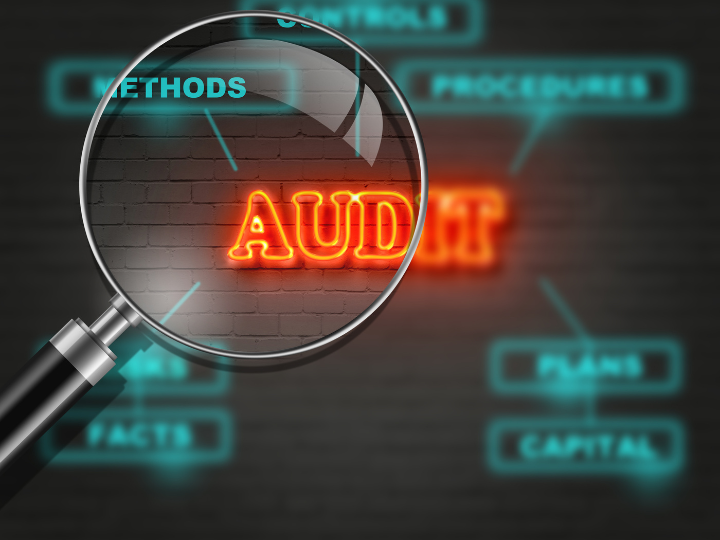How Does the SOCI Act Impact Critical Infrastructure Operators in Australia?

Strong 8k brings an ultra-HD IPTV experience to your living room and your pocket.
In an increasingly digital world, critical infrastructure is more vulnerable than ever to cyberattacks, supply chain disruptions, and physical threats. From our energy systems and hospitals to transport and telecommunications, Australia relies on a complex web of essential services every single day. Recognising this, the Australian Government introduced the soci act — a powerful legal framework aimed at protecting these vital assets.
If your organisation is a part of, or supports, critical infrastructure, the SOCI Act (Security of Critical Infrastructure Act 2018) directly impacts how you operate. Whether you’re in energy, finance, data, or transport, understanding your obligations under this legislation is essential for compliance, business continuity, and national security.
What Is the SOCI Act?
The SOCI Act was originally passed in 2018 to safeguard Australia’s critical infrastructure from evolving threats.
But with the rising frequency and sophistication of cyberattacks, especially those targeting national systems, the Act has undergone several key reforms — expanding its scope and strengthening the obligations placed on infrastructure owners and operators.
The Act now covers a wide range of sectors beyond traditional infrastructure, including:
Communications
Data storage and processing
Financial services and markets
Healthcare and medical services
Food and grocery supply chains
Transport
Water and sewerage
Defence industries
This expansion recognises that threats to national security don’t just target electricity grids or ports — they can also hit hospitals, supermarkets, and even logistics systems.
Who Are Critical Infrastructure Operators?
A critical infrastructure operator is any organisation that owns, manages, or supports assets that deliver essential services within the sectors mentioned above. This includes businesses that provide services directly, as well as those involved in third-party support — such as IT, cloud storage, cybersecurity, maintenance, and logistics.
So, even if your business isn’t in the spotlight, if you support an essential system or supply chain, you may still be affected by the SOCI Act.
How the SOCI Act Impacts Operators
The SOCI Act introduces several core obligations that critical infrastructure operators must meet. Let’s explore the key areas where your business might be impacted:
1. Asset Registration Requirements
All operators must register their critical assets with the Department of Home Affairs. This is a foundational step that allows the government to build visibility into the infrastructure landscape, assess national risks, and plan response strategies.
Failure to register assets accurately or on time can lead to penalties or enforcement actions.
2. Mandatory Cyber Incident Reporting
If your organisation experiences a significant cyber incident, you are required to notify the Australian Cyber Security Centre (ACSC) within strict timeframes:
Within 12 hours for major incidents that disrupt operations or threaten safety
Within 72 hours for other notable but less severe events
This requirement ensures the government can offer support quickly and that emerging threats are dealt with promptly to prevent broader damage.
3. Risk Management Program (RMP)
One of the key features of the SOCI Act is the requirement for businesses to develop and maintain a Risk Management Program. This program must identify and address the following four key risk areas:
Cybersecurity threats
Personnel risks (e.g., insider threats or unauthorised access)
Supply chain vulnerabilities
Physical risks (e.g., damage to facilities or sabotage)
The RMP must be reviewed annually and reported to the relevant government authorities upon request.
4. Enhanced Obligations for Systems of National Significance (SoNS)
Some infrastructure is considered so critical that any compromise could have a catastrophic national impact. These are labelled Systems of National Significance (SoNS) and are subject to enhanced cyber obligations, including:
Sharing technical system information with the government
Participating in cyber security exercises and assessments
Installing government-supplied software or sensors for monitoring
Responding to government directions in times of national emergency
If your business operates or supports a SoNS, the bar for compliance and transparency is significantly higher.
How Can Critical Infrastructure Operators Prepare?
Meeting your obligations under the SOCI Act may seem complex at first, but with the right planning and support, your business can confidently prepare and protect its operations.
1. Understand Your Classification
Start by reviewing your role and services. Confirm whether your organisation is considered a direct operator or part of a critical supply chain. Check if any of your assets fall under the expanded scope of the SOCI Act.
2. Register Assets Accurately
Use the official SOCI portal to register your critical assets. This should be done thoroughly, and records must be kept up to date.
3. Strengthen Cybersecurity Frameworks
Align your business with recognised cybersecurity standards like ISO 27001, the Essential Eight, or the NIST Cybersecurity Framework. These align well with SOCI Act expectations and help demonstrate a strong security posture.
4. Develop and Test an Incident Response Plan
Prepare for the worst before it happens. Ensure your team knows what to do in the event of a cyber incident, how to contain the threat, and how to report it within SOCI timelines.
5. Educate and Train Employees
Security isn’t just a tech issue — it’s a people issue too. Train staff on cyber hygiene, insider threat awareness, and reporting protocols.
6. Engage with Cybersecurity Specialists
Partnering with experienced cybersecurity consultants can simplify compliance and give you expert guidance tailored to the SOCI Act requirements.
The SOCI Act marks a significant shift in how Australia protects its national infrastructure.
For critical infrastructure operators, this legislation brings both responsibility and opportunity — to strengthen defences, improve transparency, and build resilience against growing threats.
Note: IndiBlogHub features both user-submitted and editorial content. We do not verify third-party contributions. Read our Disclaimer and Privacy Policyfor details.







